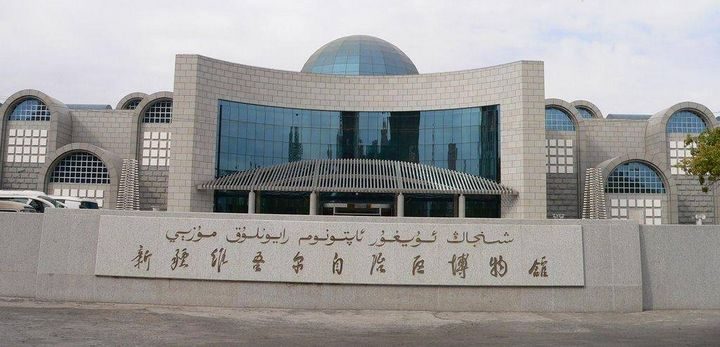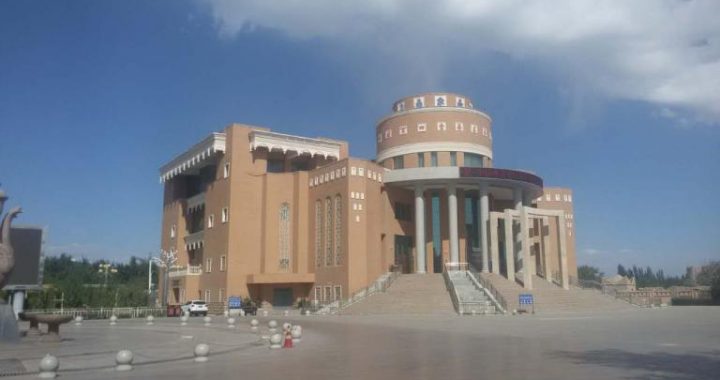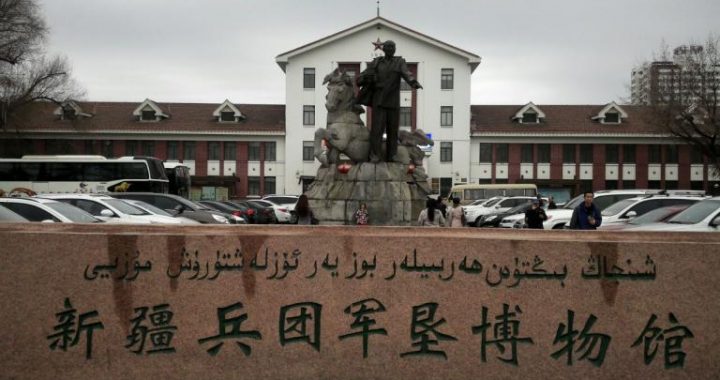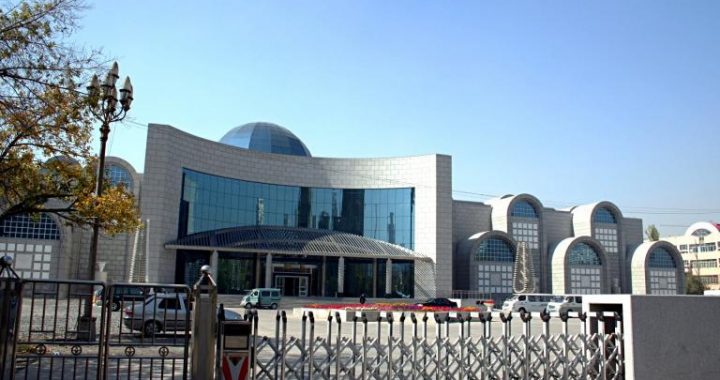Baktu Port
2 min readAlataw Pass is a railway port in Xinjiang with the largest volume of cargo transported. A second railway transit was opened between Xinjiang and Kazakhstan in December of 2012. Till opened for 100 days, accumulative quantity of cargos transported by freight trains between Horgos Railway Port in Xinjiang and Atengkeli Port in Kazakhstan reached 154,600 tons Since then, the second international railway channel opened westward and has been running efficiently in Xinjiang, China.

In 2006, Sino-Kazakhstan Oil Pipeline was officially opened for operation, adding additional economic progress to Alataw Pass Port. As a result, Alataw Pass has become the only national comprehensive land port of the first category in China, integrating railway, highway and crude oil pipeline transportatio. It is also a port with the largest cargo quantity, fastest growth, and has become the most beneficial port for Northwest China. Earliest Opened Road Port- Baktu, Horgos, Jeminay.

Garden City-Baktu Port
Baktu Port is vital to the communication between Western China and Central Asia and Europe, with a trade history of 200 years. The elevation of Baktu Port is 460~480m above sea level and is opposed to East Kazakhstan Province of Kazakhstan.
Baktu Port was under the jurisdiction of Tacheng City of Tacheng Prefecture in Xinjiang. It is 12km southwest of the city center and is the nearest port from cities in Xinjiang and also from Urumqi City. In 1907, there were 291 Russian trading companies with 3, 840 employees working for the Qing Dynasty who had close business contacts with Russia and many other foreign firms. However, over time, trade and personnel exchanges were slowly discontinued. But, in autumn of 1988, after nearly 30 years of the Port closure, mutual agreements to reopen the port were made by local governments on the border with supports from China and Kazakhstan governments. Therefore, by 1990, Baktu Port was reopened temporarily for transportation of freight and passengers.








